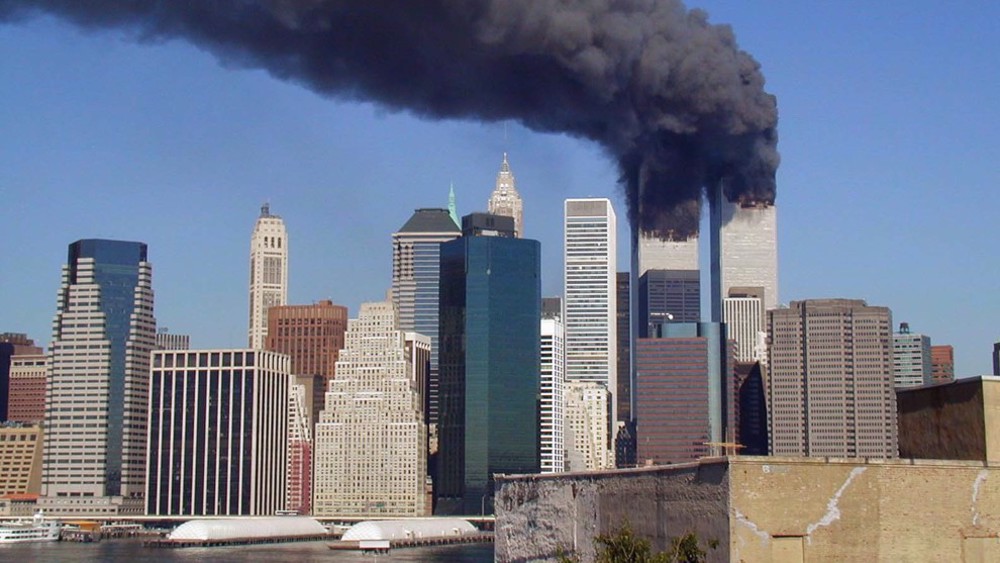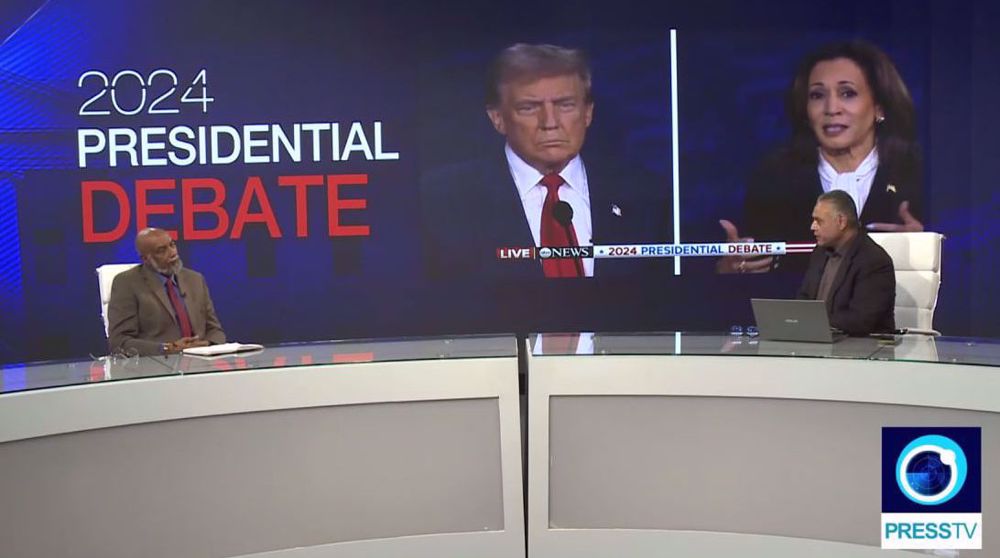Myanmar seeks to convert into one-party state: Activist
Myanmar’s military has launched a crackdown on the Rohingyas in the western state of Rakhine, where they are concentrated, since an attack on the country’s border guards on October 9 left nine police officers dead. However, the European Rohingya Council (ERC) says the military manipulated some members of the community into carrying out the attack in order to legitimize a crackdown on the Rohingya Muslims.
A human rights activist believes Myanmar's crackdown on Rohingya Muslims is another example of the virus of “confessional intolerance” which is spreading both in the West and the Middle East.
“I think there should be an attempt to rein in these militants of whichever side they are but of course the Rohingyas are a small minority who have suffered considerable persecution for many years and there are Buddhist extremists who want to convert Burma (Myanmar) into a one-party, one confessional state,” William Spring told Press TV.
“It was a multi-ethnic situation and confessional situation as it was in Pakistan and Bangladesh but in all three countries which were the relics of the British Empire, the tolerance that existed and independence seems to have been dissipated and scapegoats are being found for whatever is going on there, the failures of the governments,” he added.
The activist also noted this is an “appalling” situation, arguing that only regional powers can do something about it.
He further stated Muslim states in Southeast Asia and the Far East should put great pressure on Myanmar to moderate the militants who are engaged in the most “barbaric, hostile acts” against defenseless women and children.
He also opined that there is a need for an “orchestrated response” to the Rohingyas plight from the United Nations as well.
“The United Nations is in a position to do something but let’s hope there is a moderation of this situation because Myanmar cannot be a one-party, one confessional state. All these attempts to sideline minorities, to persecute them, whether they be in Pakistan or Bangladesh, they fail, they only end up with more problems,” he said.
The activist further expressed hope that some common sense prevails, adding that driving out these people from their homeland is “unacceptable” under the United Nations.
“It is unacceptable whether it be in Palestine, whether it be in Myanmar, whether it be in Bangladesh, you cannot alienate people who have been indigenous to the country or for a long time resident in the country by force and ethnic cleansing needs to stop,” he stated.
The Rohingya community, which the government brands as “illegal immigrants” from Bangladesh, has been suffering widely-reported systematic aggression for years on end. The violence has been interpreted as an attempt to force them out of the country’s demographic configuration.
UNRWA warns of humanitarian collapse in Gaza
'Hello my enemies': Lebanese journalist on Israeli threats and his resolve to continue
Outrage in France as MP proposes bill to ban criticism of Israel
VIDEO | The strategy of Hezbollah in war
Israeli military withdraws several brigades from southern Lebanon: Report
48-year-old Palestinian man serving 48 life terms completes 22 years in Israeli jails
From MKO to Tondar, how Germany became safe haven for anti-Iran terror groups
Hamas open to any proposal aiming to end Gaza war: Hamdan














 This makes it easy to access the Press TV website
This makes it easy to access the Press TV website